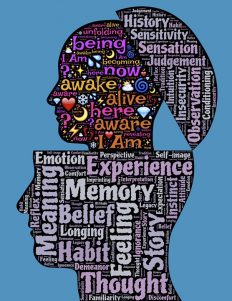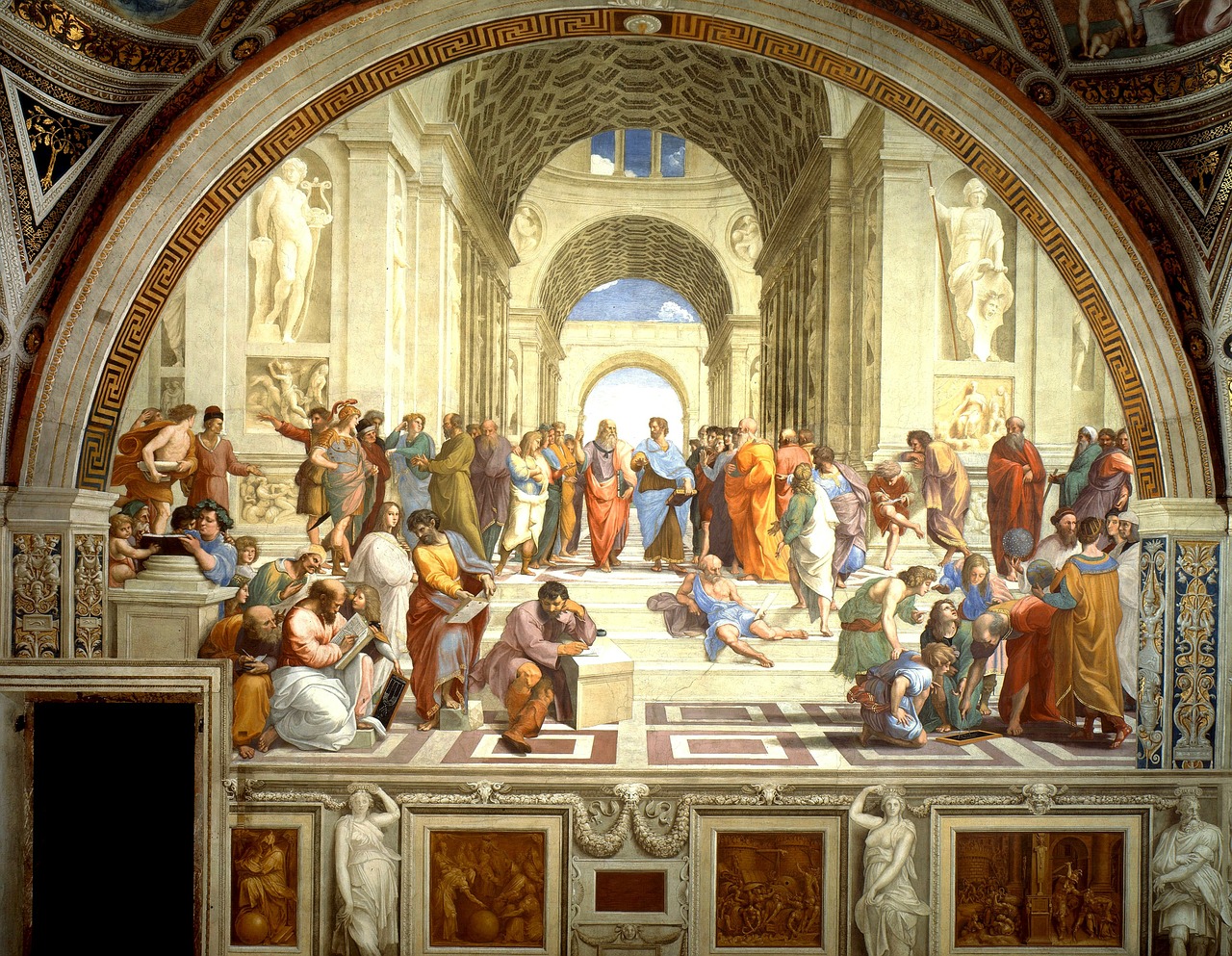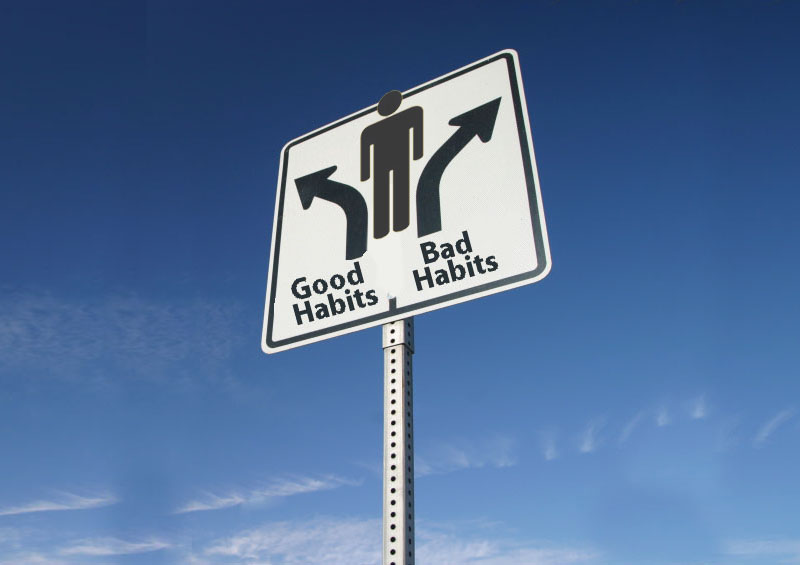The importance of culture and why ‘no’ is the new ‘yes’
Article By Sabine Leitner
 The health and quality of a seed is not enough to ensure its flourishing. It also needs the right environment to do so: good soil, enough water and the right amount of light and warmth according to the needs of its nature. Using this image as an analogy, we could say that for human beings it is culture which is like the soil that provides us with the right conditions to flourish. Different cultures – whether family culture, society, global culture, the education we receive, etc – would bring out different things in us, in the same way as different types of soil and location would affect the growth and characteristics of the plant.
The health and quality of a seed is not enough to ensure its flourishing. It also needs the right environment to do so: good soil, enough water and the right amount of light and warmth according to the needs of its nature. Using this image as an analogy, we could say that for human beings it is culture which is like the soil that provides us with the right conditions to flourish. Different cultures – whether family culture, society, global culture, the education we receive, etc – would bring out different things in us, in the same way as different types of soil and location would affect the growth and characteristics of the plant.
It is an interesting question to ask what impact our current culture has on us. Do we live in a culture that brings out the best in the human being? Do we receive the right ‘nutrients’ to help us develop those human qualities like compassion, discernment, wisdom, free will, altruism, fairness, resilience, etc. that have been valued and highly regarded throughout history? Or do we live in societies that bring out our most selfish aspects, foster insatiable appetites, feed our egos, dumb us down, make us addicted, physically unhealthy, psychologically weak, mentally distracted, spiritually empty? I would like to leave the answer to each reader, but I remember a comment by one of my psychology teachers at university who told us that modern civilisation was regressing human beings because it took us thousands of years to learn to control our impulses and to delay instant gratification in the pursuit of achieving wiser long-term goals. This ability is now intentionally eroded by our modern consumerist societies that (mis)use the latest psychological understanding in order to make us want to have more and to want it instantly.
A lot of studies and books seem to endorse this view and to reiterate the message of how important it is to learn to say ‘no’ to our impulses. According to the psychiatrist Steve Peters, author of The Chimp Paradox: The Mind Management Programme to Help You Achieve Success, Confidence And Happiness, we all have an ‘inner chimp’ (our limbic system) and an inner human (our prefrontal cortex). Our whole consumerist society is designed to activate our ‘inner chimp’, which is mostly interested in food, sex, survival and the shortest way to pleasure of any kind. Nevertheless, it is the prefrontal cortex that makes us really human. Our human nature seeks truth and meaning, is inspired by intelligible ideas, can commit to long-term goals, is able to create justice and beauty and has the power to choose.
However, currently we human beings seem to live in an environment that tries to disable exactly this power to choose by constantly encouraging our hard-wired tendency to snap react to strong stimuli (the speeding up of our life through modern technologies, the fast pace of social media, the 24/7 bombardment of advertising and news). Powerful and constantly fine-tuned algorithms turn our world into something similar to an addictive online game. “We are like rats in an experiment designed to get us to say yes.”[1] ‘Yes’ to all the temptations, in a world without any consideration as to whether they are actually good for our physical, psychological or financial health. In order to choose, we would need to say ‘no’ to our immediate impulses and stop and think about the long-term consequence of our decision.
Which is more powerful: our inner chimp or our inner human? Steve Peters says that our inner chimp is much more powerful because every piece of information that reaches our brain gets to the limbic system first. Ancient civilisations seemed to have a more positive view of our human nature. The ancient metaphors of the ‘inner chimp’ were the dragon that was slain by St Michael, St George or Siegfried, or the bull that was killed by Mithras, or the Minotaur that was overcome by Theseus. The message of these myths is clear: the inner human is able to overcome the inner animal.
So, what kind of education and culture do we need to bring out the inner human? Our future may depend on the answer to this question and our ability to implement it.
Image Credits: By johnhain | Pixabay | CC0
The entity posting this article assumes the responsibility that images used in this article have the requisite permissionsImage References
By johnhain | Pixabay | CC0
Permissions required for the publishing of this article have been obtained
Article References
[1] William Leith in an article in the Observer




What do you think?